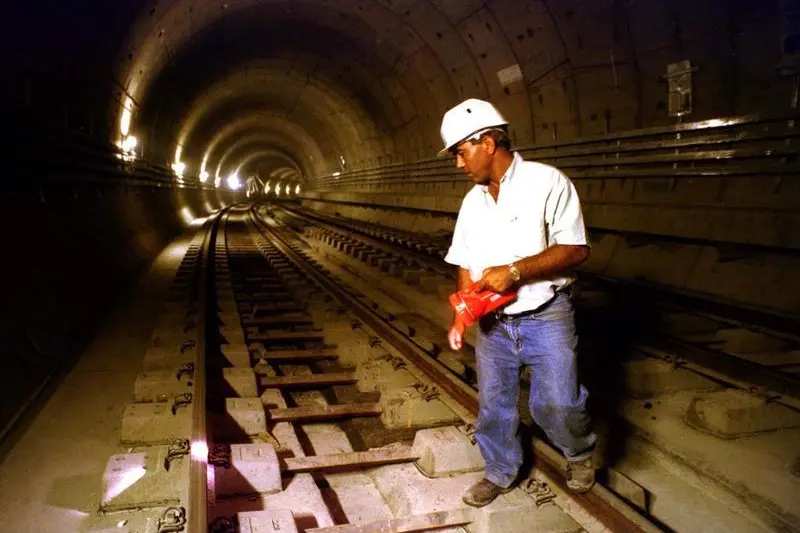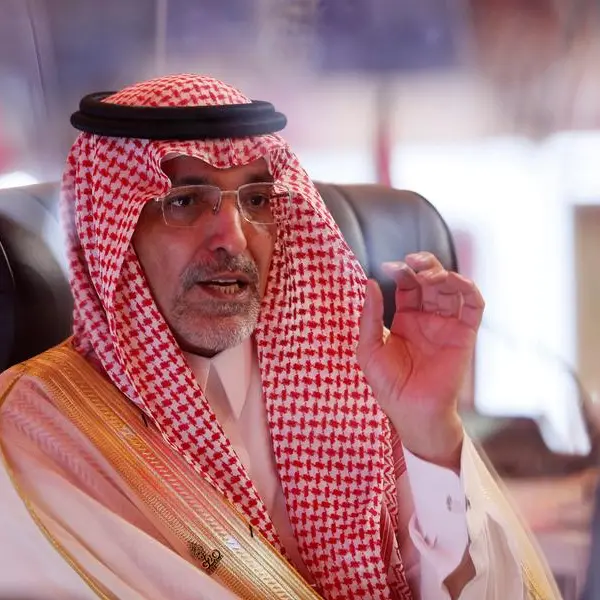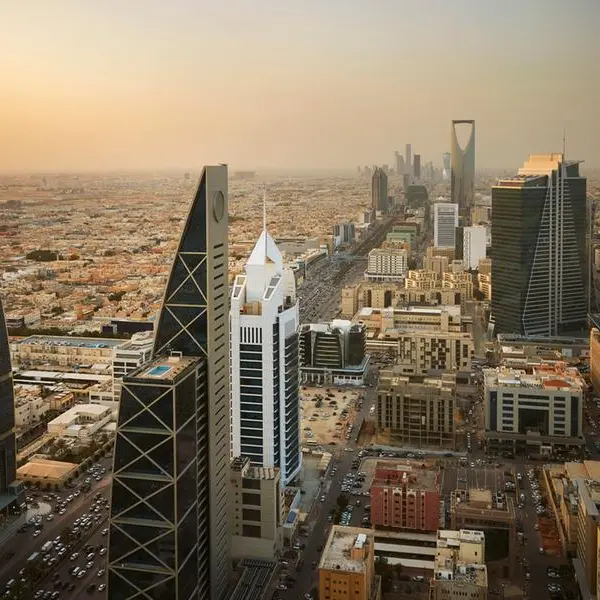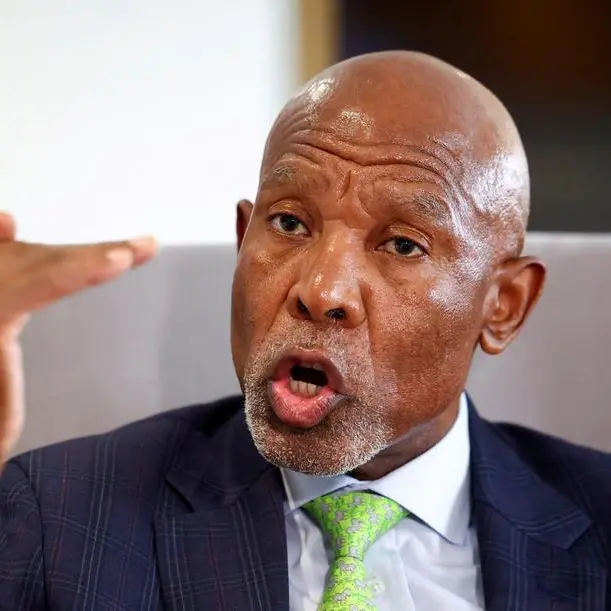PHOTO
Egypt's National Authority for Tunnels (NAT) is close to concluding negotiations with the European Investment Bank (EIB) and the European Bank for Reconstruction and Development (EBRD) to finance the first phase of the revamp of Cairo Metro Line 1, a NAT official has said.
Head of Central Planning Department Tariq Abu Al-Wafa told Thomson Reuters Projects that the Authority hopes to conclude negotiations with the two entities for a joint loan from by the end of this month.
He said Line 1 will be rehabilitated in three phases at a cost of about $1 billion. The $360 million first phase includes the upgrade of infrastructure, signalling and communication systems. The $500 million second phase would cover track work and rolling stock, and includes the purchase of 32 new trains and rehabilitation of 23 existing trains. The third phase covers the development of station buildings and facilities.
“NAT will launch a global tender for the first phase immediately after the conclusion of the negotiations. Priority in the current period will be to complete the first phase and then discuss the financing and implementation of the second and third phases,” Abu Al-Wafa said.
Cairo Metro Line 1 extends from Helwan to new Al-Marg Al-Jadida station. The 44 kilometre route, with a 4.7km underground section, has 35 stations including five underground stations, and transports more than two million passengers every day.
Established in 1983, NAT is responsible for planning and executing tunnels and metro infrastructure projects in Egypt.
(Reporting by Eman Hamed; Editing by Anoop Menon and Michael Fahy)
(anoop.menon@thomsonreuters.com)
Our Standards: The Thomson Reuters Trust Principles
Disclaimer: This article is provided for informational purposes only. The content does not provide tax, legal or investment advice or opinion regarding the suitability, value or profitability of any particular security, portfolio or investment strategy. Read our full disclaimer policy here.
For more data, analytics, tools and news on projects in the Middle East visit the Thomson Reuters Projects portal
© ZAWYA 2018




















